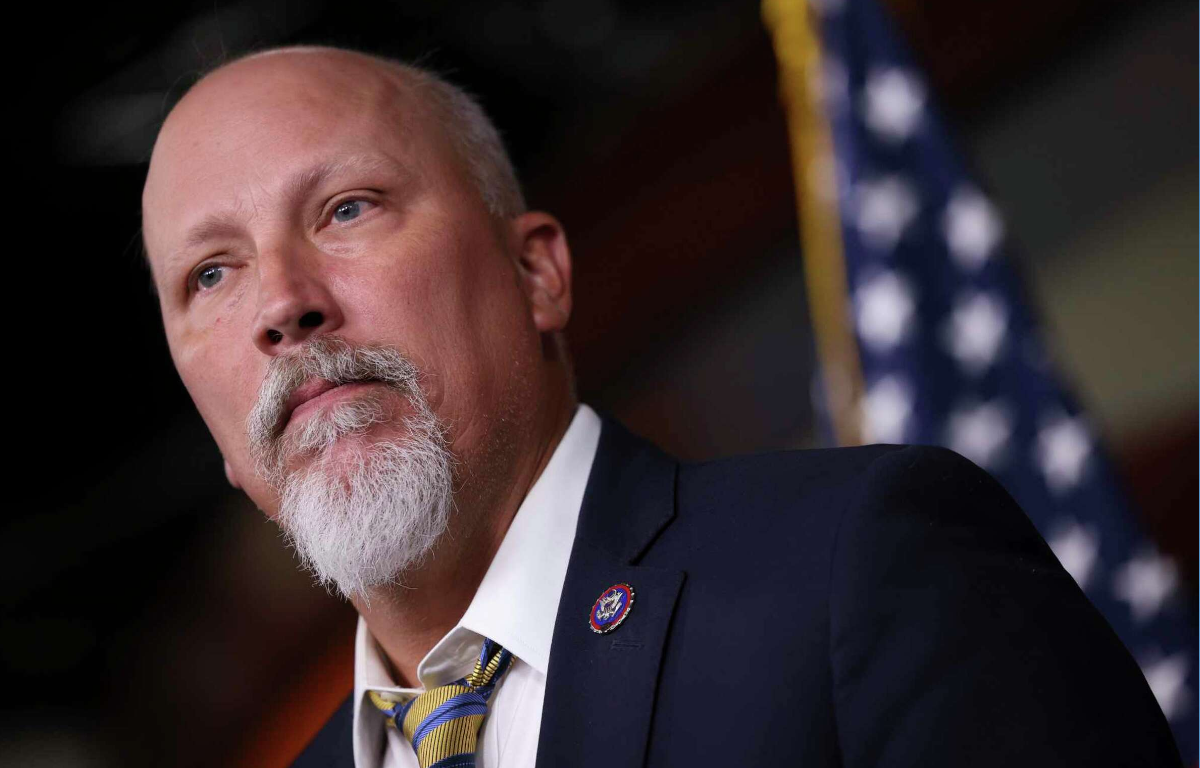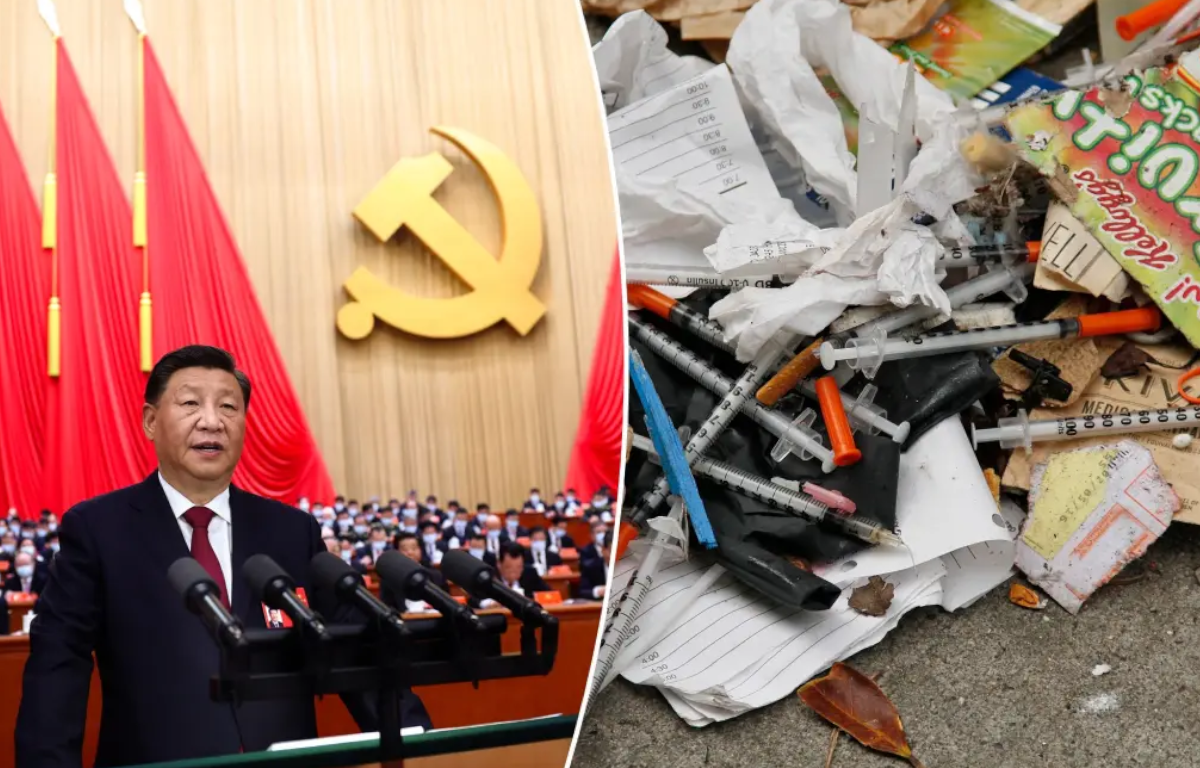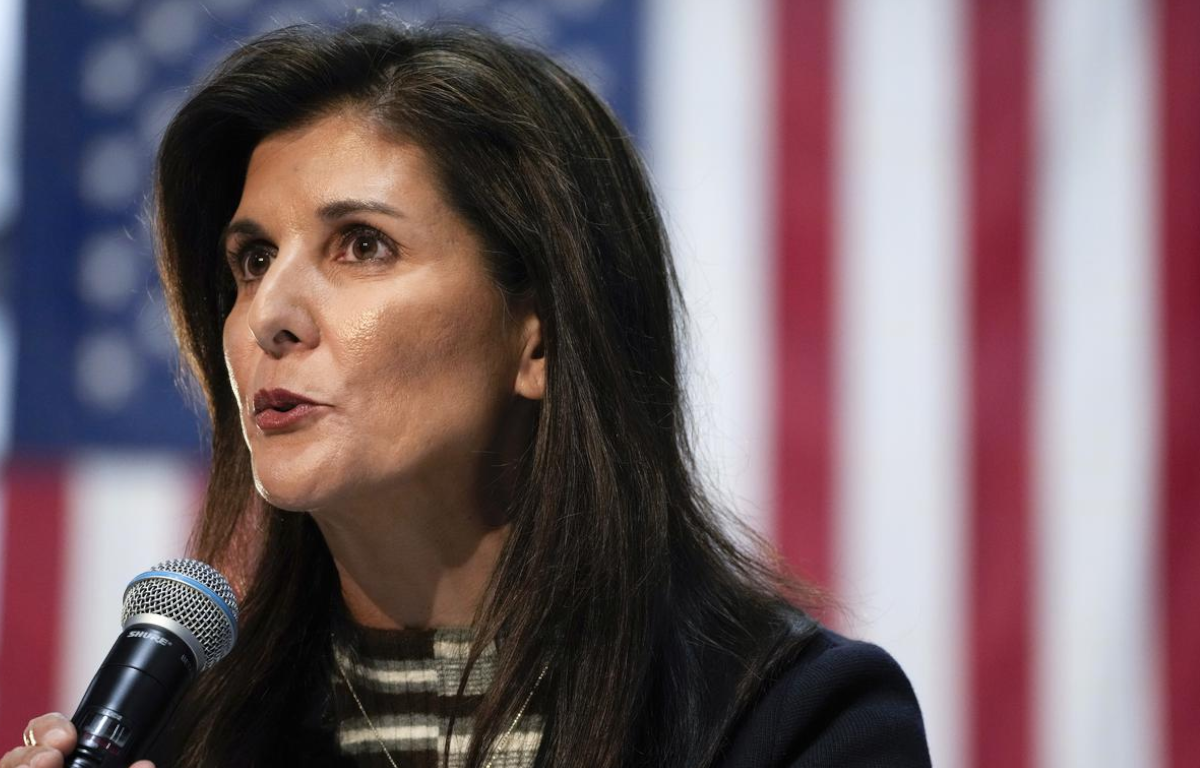
The WIV gained international attention during the early days of the pandemic as discussions arose about the potential origins of the virus. While the prevailing theory points to zoonotic transmission, the lab leak hypothesis prompted further investigation. The U.S. government launched an inquiry in 2020 and reinvigorated interest under the Biden administration, ordering a 90-day intelligence investigation.
Supporters of the ban argue that it is necessary to ensure transparency and accountability in international scientific research. They express concerns about the lab’s safety protocols and the need for thorough examination of the lab leak hypothesis. Conversely, critics worry about the politicization of science, asserting that such measures may deter future collaborations and impede global efforts to combat pandemics.
The ban’s repercussions extend beyond the WIV itself, raising questions about international scientific collaboration. Many scientific advancements in recent history have been the result of cross-border cooperation. Experts fear that this ban could discourage researchers from collaborating with colleagues in countries with contentious relations with the United States, potentially hindering crucial scientific breakthroughs.
The ban underscores the significance of global health security and pandemic preparedness. While the need for rigorous scientific practices is vital, a balance must be struck to encourage international cooperation and data sharing. The COVID-19 pandemic highlighted the importance of rapid and coordinated responses, and hindering scientific endeavors could leave the world less prepared for future health crises.
The U.S. government’s decision to ban the Wuhan Institute of Virology from federal funding has triggered intense debates about scientific collaboration and global health security. Striking a balance between transparency and fostering international cooperation is essential to advance scientific progress and pandemic preparedness. As the investigation into COVID-19’s origins continues, policymakers must carefully consider the potential consequences of such decisions to ensure science serves the greater good of humanity in tackling future health challenges.










Share this: